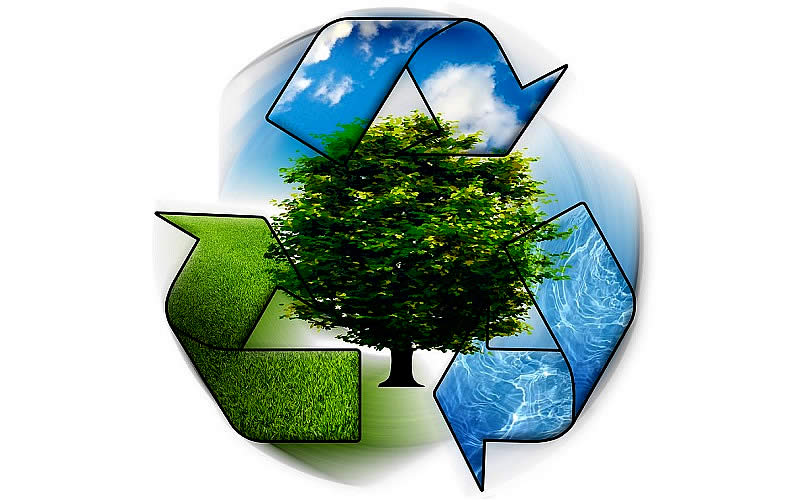The Albufeira Council, with the help of the community from the EB1 schools in Ferreiras and the Escola Básica de Paderne, collected 345 kilos of used clothing, in order to give it a new life through reuse or recycling, preventing it from being deposited in landfills , in actions carried out within the framework of the European Week for Waste Prevention, which took place in November.
“Aware of the importance of making the local community aware of this problem, namely children and young people, who are the future of our country, the municipality of Albufeira joined the initiative [European Week for Waste Prevention], with the collaboration of H SARAH Trading , a Waste Management operator, having collected 345 kilos of used clothing», according to Cristiano Cabrita, deputy mayor of Albufeira.
Cristiano Cabrita thanked «the involvement of students from 14 classes at EB1 de Ferreiras and Escola Básica de Paderne and the respective teachers who collaborated in the collection, which prevented the said textiles from ending up in the municipal landfill, thus contributing to giving them a new life through its reuse and/or recycling».
The activity was registered on the EWWR.EU – European Week for Waste Reduction platform, coordinated in Portugal by the Portuguese Environment Agency, having received certification under the theme of Raising Awareness, Reusing and Recycling.
“The textile and clothing industry is one of the most polluting sectors, exerting strong pressure on water and land use, a huge impact on the use of raw materials and the emission of greenhouse gases. In the European Union, every year, around 5,8 million tonnes of textiles are discarded, which is equivalent to 11,3 kg per person», frames the Albufeira Chamber.
“Every second, a volume of textiles equivalent to a truckload is landfilled or incinerated. On the other hand, only 1% of the material used to produce clothing is recycled into new clothing, and up to 35% of microplastics released into the environment come from textile products».
«We are all responsible, which is why it is important to encourage sustainable consumption and the circular economy in our communities», believes Cristiano Cabrita.



















Comments